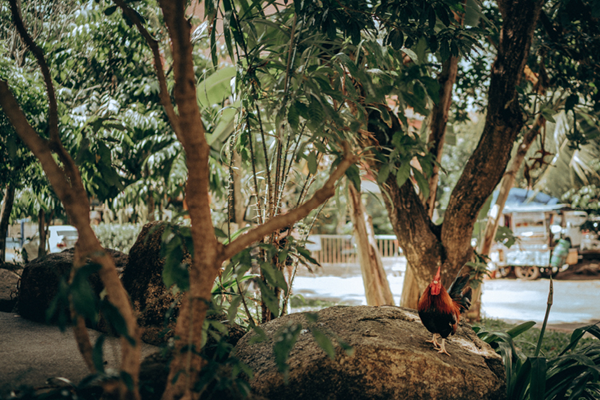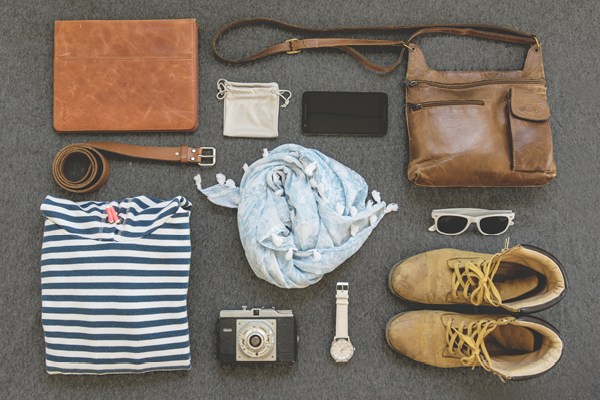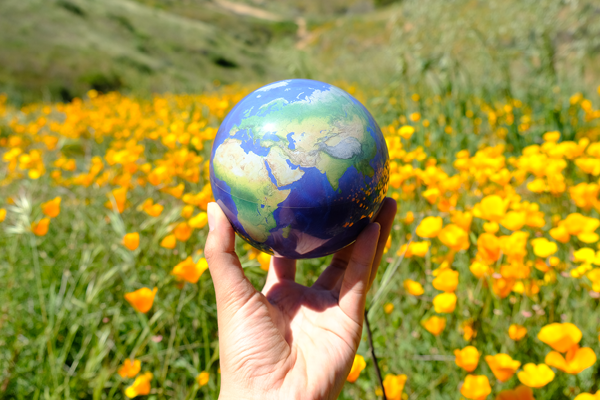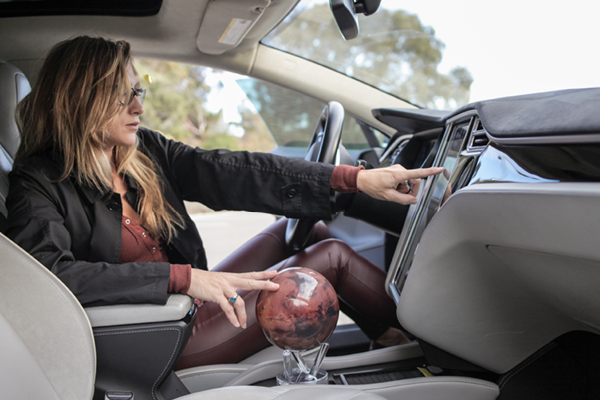The 4 Biggest Eco-Trends
Innovative ways the world is going greener – from plant-based meat to sustainable homeware
With every new year comes a sense of renewal—and with it, a surge of motivation to make better lifestyle choices. Whether you’re revamping your wardrobe, updating your home, or committing to healthier habits, now is a pivotal time for going green.
As awareness of climate change and environmental damage grows, demand for sustainable living continues to accelerate. From high-tech food alternatives to planet-friendly fashion, these eco-trends showcase how consumers and businesses are reimagining what it means to live responsibly.
1. Eco-Trends in Food: From Plant-Based to Packaging-Free

In recent years, the environmental toll of our food choices has become impossible to ignore. While plastic packaging has long been in the spotlight, more attention is now being given to the impact of livestock farming—believed by some to contribute more carbon emissions than all global transport combined.
Veganism remains a popular choice, but 2019 marked the rise of lab-grown and plant-based meat alternatives. From 3D-printed “steaks” to cell-cultured meat grown in labs, science is offering tasty solutions for meat lovers seeking to reduce their impact. Even major players like Tyson Foods have entered the bioengineered meat space.
Eco-conscious packaging also made a splash. Reusable options like Pockeat bags (designed to replace plastic sandwich bags) gained traction, while companies like Corona adopted biodegradable ring holders for multi-packs. IKEA, meanwhile, began investing in urban farming innovations to help city residents grow food locally—set to launch across stores in 2021.
Plastic straws also faced growing scrutiny. Responding to both accessibility needs and sustainability, companies like Stora Enso and Sulapac released biodegradable bendy straws made from biocomposite materials.
2. Eco-Trends in Transport: Cleaner, Smarter, Greener
Transport emissions remain one of the biggest contributors to climate change. While electric and hybrid cars continue to grow in popularity, not everyone can switch just yet. Enter the “green wall” – a moss-covered barrier designed by Hsuan Ting Huang and Tsung Ying Hsieh, which lines motorways to absorb carbon emissions while doubling as sound insulation and urban greenery.
For shorter commutes, electric scooters gained massive popularity. Take the Unagi scooter: a stylish ride capable of 15 mph and covering over 15 miles on a single charge. With dual-motor models capable of tackling hills, they’re a perfect alternative for city dwellers looking to ditch the car.
For luxury buyers, even car interiors got a sustainable makeover. The updated Range Rover offers alternative materials like plant-based textiles and premium wool fabrics from Kvadrat—proof that luxury and eco-consciousness can go hand in hand.
3. Eco-Trends in Fashion: Stylish Sustainability

Fast fashion’s environmental impact has made headlines for years, but in current times we see major efforts to reverse the damage. Iconic outdoor brand The North Face launched its ThermoBall Eco collection, featuring insulation made entirely from recycled materials.
Meanwhile, clothing-sharing platforms like Tulerie emerged to combat textile waste. With around 26 billion pounds of clothing ending up in landfills each year, sharing what’s already in our wardrobes is a creative and practical solution. These apps allow users to rent high-quality pieces from others—making fashion more sustainable and affordable.
4. Eco-Trends in Home & Garden: Waste Not, Want Not

Our homes are a reflection of our values, and now, more people embraced eco-living through sustainable décor and energy-efficient choices.
Reclaimed and upcycled materials were everywhere. Nuovo Nuovo repurposed plywood to create sleek, minimalist storage for modern home offices. Dust London, founded by Michael McManus and Matt Grant, introduced geometric homewares made from used tea leaves and non-toxic binders—offering a unique blend of sustainability and style.
For a more rustic feel, Ignorance is Bliss by Agne Kucerenkaite turned metal-contaminated soil from the remediation industry into natural ceramic dyes. With up to 30,200 tonnes of metal waste entering soil each year, this project proved how creativity can offer elegant solutions to environmental challenges.
Looking Ahead: What Will Your Eco-Journey Look Like?
Whether you're switching to sustainable fashion or exploring plant-based eating, small actions collectively create big change.
Which eco-trend will you adopt next?



